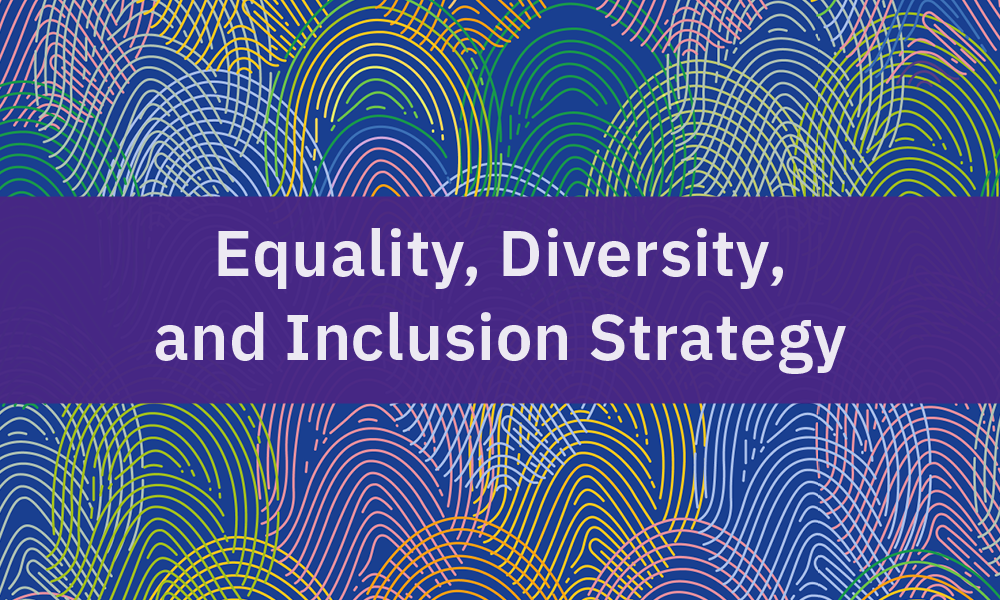
Molecular biology goes green
EMBL steps up its own response to global environmental problems with its first Sustainability Strategy.

For EMBL, 2021 was a year of raising awareness about the role molecular biology can play in addressing climate issues. Not only did EMBL speak about this on national and international forums, but looked within to see how it can plan for a more sustainable approach to scientific operations, adopting its first Sustainability Strategy.
Similarly to other life sciences organisations, EMBL uses a significant amount of energy to power large-scale equipment, invests in in-person meetings, and generates waste. EMBL’s sustainability strategy aims to reduce its environmental impact in these areas, compared with its baseline year in 2019.
“This strategy aspires to enable our organisation to become a future role model and an even more environmentally friendly workplace,” wrote Edith Heard, EMBL’s Director General in an all-staff email when the strategy was announced.
A staff survey helped gauge the level of support for this strategy, and results showed most respondents were highly supportive. EMBL’s resulting sustainability strategy sets out three pillars of work, to maximise how EMBL can help preserve or create a better environment. These are:
- Environmentally Responsible Research – how EMBL operates and carries out research, in labs, in delivery of services, and in its other, general activities. EMBL has set ambitious targets to reduce its carbon footprint and waste impact and developed a list of actions to achieve them.
- Environmentally Relevant Research – how EMBL ensures that the insights and knowledge it generates on environmentally relevant problems are shared widely. EMBL’s presence at COP26 and its white paper on the role molecular biology plays in addressing climate change are just two examples of this effort.
- Promoting Sustainable Science – how EMBL uses its reputation and status as an international science organisation to speak up for sustainable research approaches. Through open, transparent sharing of its own environmental impacts and its journey to become more sustainable, EMBL can inspire a broader community.
Additionally, EMBL’s Environmental Research Initiative (ERI) launched three catalyst projects, thanks to support from Friends of EMBL and other private donors. ERI invests in the curiosity of scientists, paving the way for innovative, impactful solutions to the planet’s most complex environmental problems. These projects will have enormous potential in fighting pollution through life science research and advanced technology and are just the beginning of what EMBL and the life sciences can do in this area.
The full Sustainability Strategy is available online.

“These days, conducting research sustainably, is as important as new findings about planetary biology. In that same way, it’s been gratifying as a lab manager, for example, to share ideas on ways to reduce plastic laboratory consumables.”
– Casandra Villava, Lab Manager at Ebisuya Group at EMBL Barcelona and member of the Staff Association Green Initiatives Working Group

“We have understood our responsibility to reduce EMBL’s carbon footprint for many years. Optimising energy consumption while creating a thriving research environment is a challenging task, but we are eager to help!“
– Clemens Kney, Head of Building Maintenance, EMBL Facility Management

“Creating green labs is about the whole culture of how we conduct our research. For example, planning and organising experiments properly so each one is well documented and worth the resources invested.”
– Marta Rodriguez Martinez, Sustainability Officer/Scientific Officer, Steinmetz Group at EMBL Heidelberg

